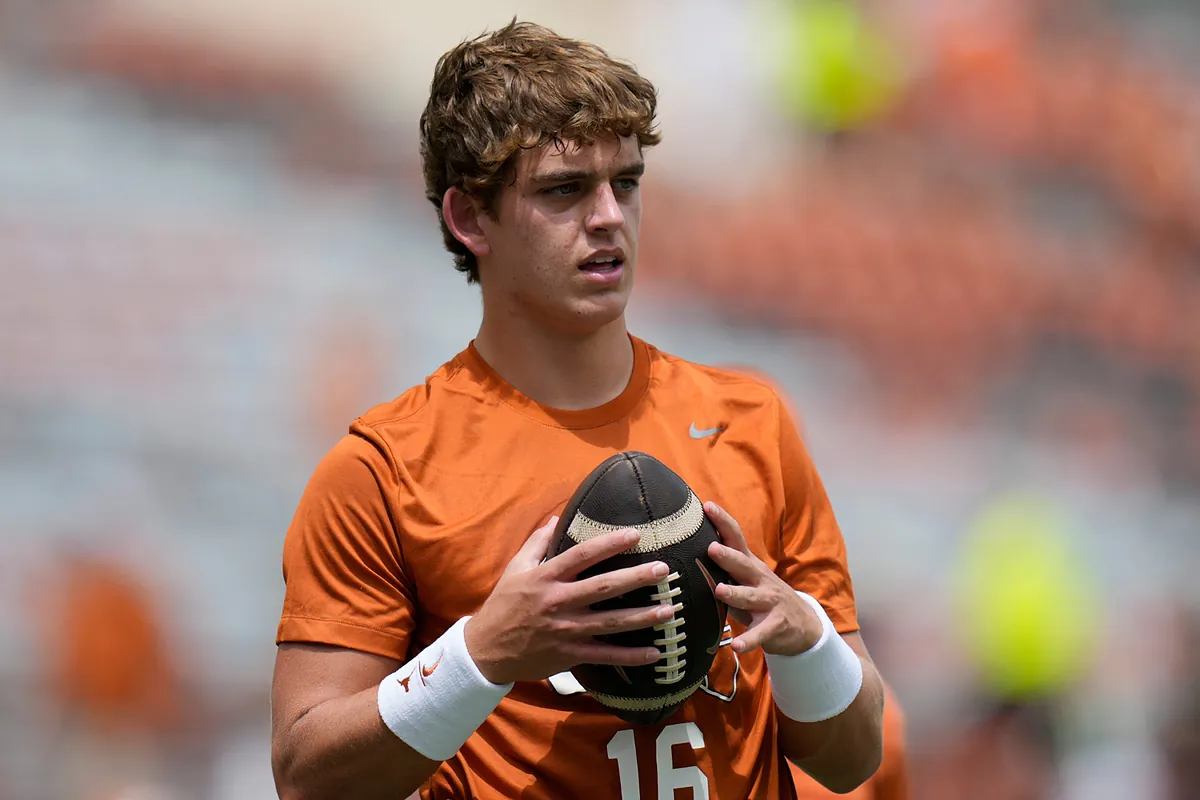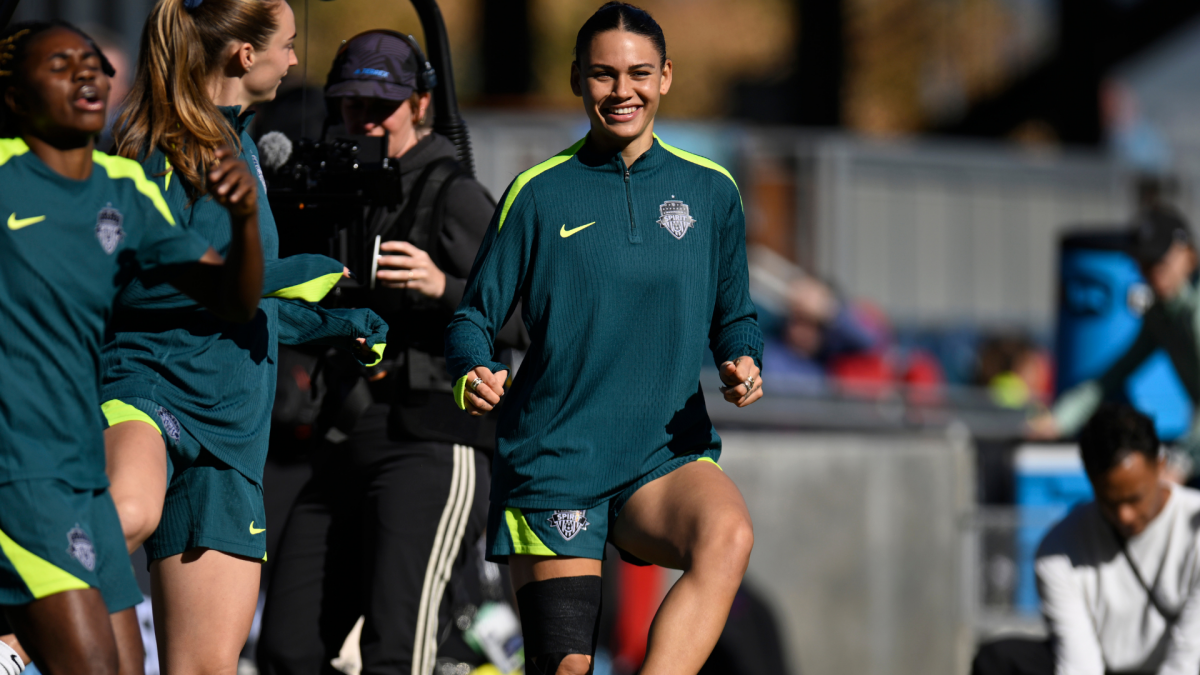
In the aftermath of Texas’ disappointing loss to Florida, one of the louder voices against Arch Manning wasn’t a coach or an analyst – it was Shedeur Sanders’ former agent, known online as “Boog” – real name Hellion Knight.
Taking to social media, Boog unleashed a scathing criticism of the hype surrounding Manning, calling out those who elevated him and revisiting the discourse around nepotism in college football.
College Football week 6 best games includes Texas, Alabama and Miami
On X, Boog didn’t mince words: “Where all the media heads who was tryna tell me that Arch Manning is a generational talent? I kept saying yall don’t know what yall talmbout, and yall tried to make me think I was crazy. Get ya a** back hea, I wana talk about it.”
With that post, Boog questioned the legitimacy of the narrative that has long surrounded Manning’s meteoric rise – one that many believed was propelled equally by name, legacy, and expectation.
He didn’t stop there. After a user posted a snide prediction: “Arch Manning in 3 years after successfully outbidding a single mother of 4 in the housing market,”
Boog responded with nine laughing emojis, signaling his dismissal of the entire trajectory many had mapped out for Manning.
The deeper implications of Boog’s critique
What makes this moment noteworthy is that the shot came not from an outsider, but someone who had once represented a quarterback whose own narrative has often been tethered to legacy and hype.
By lambasting the “media heads” and their promotion of Manning, Boog redirected criticism inward – toward those who control coverage, endorsement deals, and storytelling.
Boog’s words feed into a broader critique that has followed Manning since before he even played a down at Texas: that a disproportionate share of opportunities and favorable narratives have been allocated based on his name and family lineage.
This kind of discourse often centers on “nepo” culture – the idea that familial connections and historic prestige carry weight in sports and media beyond any individual’s performance.
In that regard, Boog might not be alone in his frustration. The hype around Manning has always drawn scrutiny, with some observers suggesting that his draft stock, media attention, and expectations outpace his production.
By contrasting dynamic, everyday football judgment with the fantastical projections laid upon Manning, Boog underscores a perceived disconnect between hype and execution. Of course, criticism of this nature carries risks. Manning is still developing, and his collegiate career remains underway.
A single bad game or stretch of mistakes doesn’t definitively erase long-term potential. But Boog’s punch is rhetorical – a reminder that the stories built around athletes are filtered through media endorsement, branding, and narrative control.
A similar path for Sanders
For Shedeur Sanders, these comments also represent a kind of reclamation. His own pathway – from Jackson State to Colorado, to the NFL – has been under the microscope.
Some view his trajectory as propelled by name and expectation; others see a young athlete carving a path amid scrutiny. Boog’s criticism of Manning can be read as an attempt to reposition the conversation: one in which legacy is not a gift, but a weight to be tested, questioned and justified.
In the larger context of college football – where family legacies like the Mannings, Harbaughs, Bowdens and Sanders clan loom large – these moments of calling out narrative aren’t just personal. They reflect tension between media, fandom, and performance in a sport that is perpetually sculpted by stories as much as by statistics.
Boog’s public takedown is a dramatic entry into that ongoing debate. Whether Manning answers on the field or through future games is down to the young quarterback.
This news was originally published on this post .







Be the first to leave a comment